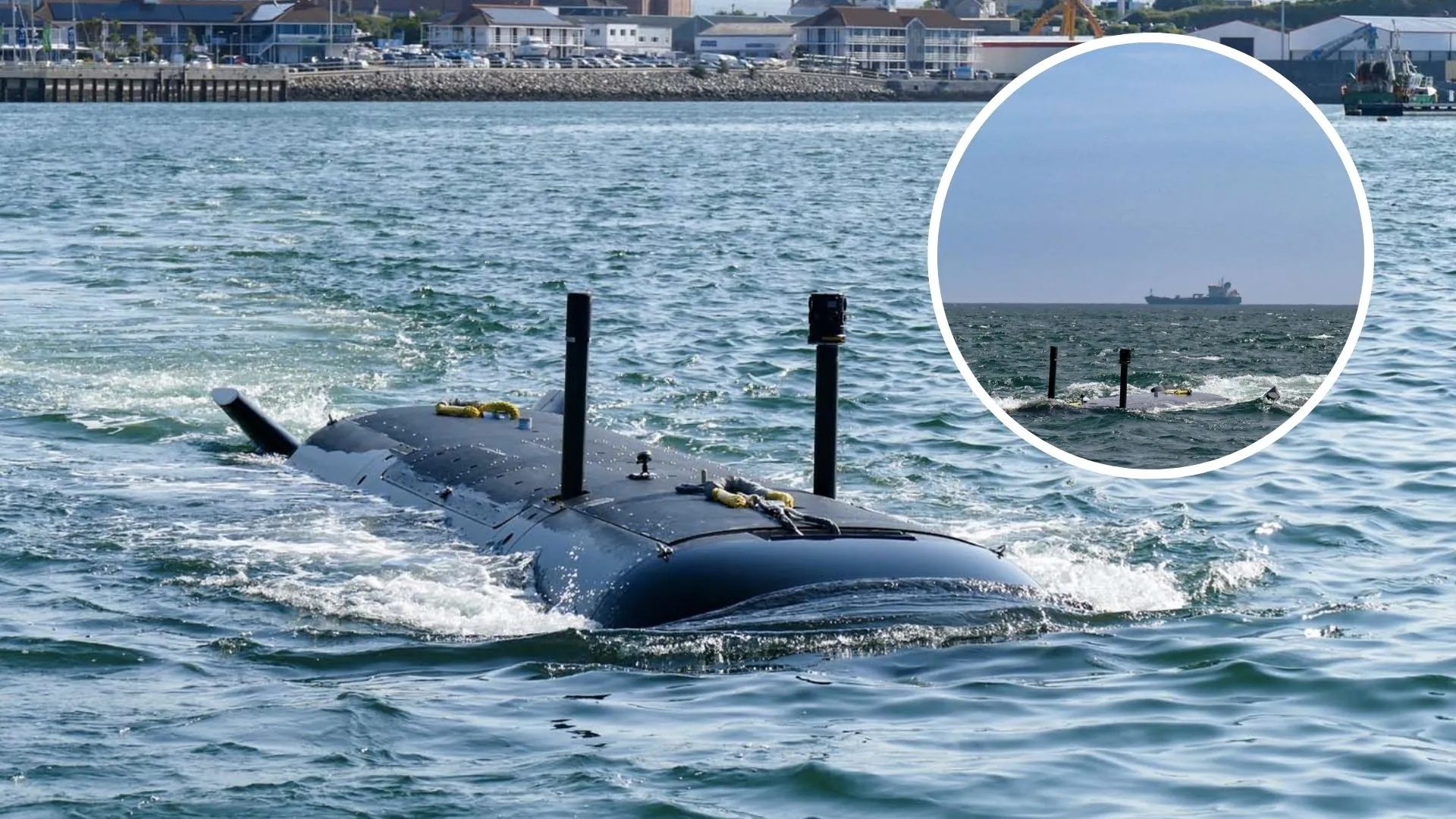Copyright Interesting Engineering

The first-ever deployment of a quantum optical atomic clock on an underwater autonomous submarine has been successfully completed. Infleqtion’s Tiqker optical atomic clock was integrated into the Royal Navy’s Excalibur (XCal) testbed submarine. The test demonstrated precision timing capabilities critical for resilient positioning, navigation, and timing (PNT) in GPS-denied environments. “This experiment was a first critical step towards understanding how quantum clocks can be deployed on underwater platforms to enable precision navigation and timing (PNT) in support of prolonged operations,” said Commander Matthew Steele, Head of Futures in the Royal Navy’s Disruptive Capabilities and Technologies Office. With this, submarine can be hidden for longer duration By placing a compact optical clock with performance equivalent to a laboratory-grade time reference directly onboard a submarine, the trial showed how Tiqker can provide a steady “time heartbeat” smoothing out the noise that causes navigation drift. This enables submarines to remain submerged, accurate, and hidden for a longer duration, according to a press release. The British Navy highlighted that this first-of-its-kind deployment took place aboard the Royal Navy’s new Excalibur (XCal) extra-large uncrewed autonomous vehicle (XLUAV), a pioneering testbed advancing the UK’s capabilities in autonomous underwater operations. Infleqtion is the first external technology partner invited to participate in the XCal program, reflecting the Royal Navy’s trust in the company as a proven quantum provider for national defense. Tiqker provides precise onboard reference for other critical submarine systems Infleqtion highlighted that the Tiqker provides a precise onboard reference for other critical submarine systems such as sonar, fire control, and secure communications, improving mission performance. The company claimed that the trial proved the Tiqker’s ability to operate reliably during multiple dives, proving its ability to work in real-world defense environments. “By putting Tiqker directly on the Royal Navy’s Excalibur testbed submarine, a next-generation autonomous platform, we are laying the foundation for fleets to navigate, coordinate, and operate with precision in any environment,” said Ryan Hanley, General Manager UK Infleqtion. “We are grateful to the Royal Navy for their continued partnership on cutting-edge quantum technology trials accelerating adoption into naval operations.” Submarines can’t rely entirely on Global Navigation Satellite System Unlike other vessels, submarines cannot rely entirely on the Global Navigation Satellite System (GNSS) for timing and navigation. Traditional microwave-based clocks provide stability but accumulate drift over time, which can degrade accuracy in GPS-denied environments. High-precision local clocks like Tiqker add to submarine capability by maintaining accurate timing and navigation autonomously, reducing reliance on external signals and improving overall resilience, as per the release. “Integrating a quantum clock onto Excalibur demonstrates how advanced timing can redefine what autonomous submarines are capable of,” added Matthew Troughton, Engineering Director of MSubs Ltd. “This trial points the way to platforms that can operate independently for longer durations, with the precision and reliability needed for future undersea missions.”



